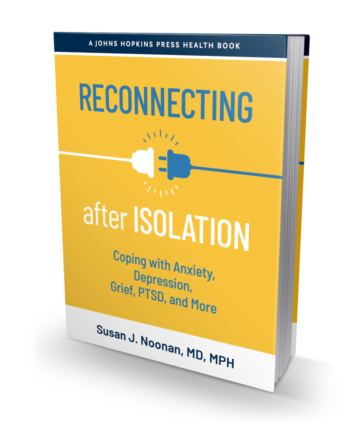Stigma, that which puts fear in the hearts of many of those with a mental illness such as depression or bipolar disorder. It should not have to be this way.
A stigma is defined as a set of negative and often unfair beliefs that a society or group of people have about something or someone. It is also considered a mark of disgrace associated with a particular circumstance, quality, or person. When applied to mental health it means that people may have unfounded beliefs or negative assumptions about you just because you have a diagnosis of depression!
A stigma is commonly applied to those with mental illness in direct and indirect ways. There may be an obvious negative statement that someone makes about you because of your diagnosis and not based on your personal qualities. Or, in a more subtle way, someone may make an assumption that you are unstable, incompetent or dangerous only because you have depression. They may try to make you feel weak or ashamed because of your illness. In each case it is a faulty belief based on the other person’s own fear, mistrust and lack of knowledge of the illness.
The presence of a stigma is unhelpful to your recovery in several ways. It leads to a lack of understanding by your family, friends and co-workers. It can lead to discrimination at work or school, in housing, or even in trying to get health insurance. It can lead to bullying and harassment. In many cases the fear of stigma prevents people from seeking professional treatment for their depression. They may fear loss of employment, or of being perceived as less strong or competent compared to their peers. And if someone believes the negative thoughts behind the stigma, he/she may believe that he will never be able to succeed in life. Having an illness with a stigma attached is an additional burden to carry on top of the depression.
So what is the best approach to eliminate stigma and stay strong in spite of its presence? First is to make an effort to educate yourself, your family and friends about the illness as much as possible. Remember – it is a biologically based illness, not a character flaw. Those who understand depression are much less apt to make inappropriate statements and assumptions about you because of the illness. Do not allow the comments or subtle assumptions of others create self-doubt or shame in you. Lastly, continue to remind yourself of your baseline healthy person, and that you are NOT your illness.
Then consider the fact that you may never be able to change the way some people think. Consider what you know about them and the source of their distorted thinking. You may have to muster your inner force to ignore the comments of those whose opinions you cannot change, and just show by your good example that you are a strong and capable person.
Stay well!

